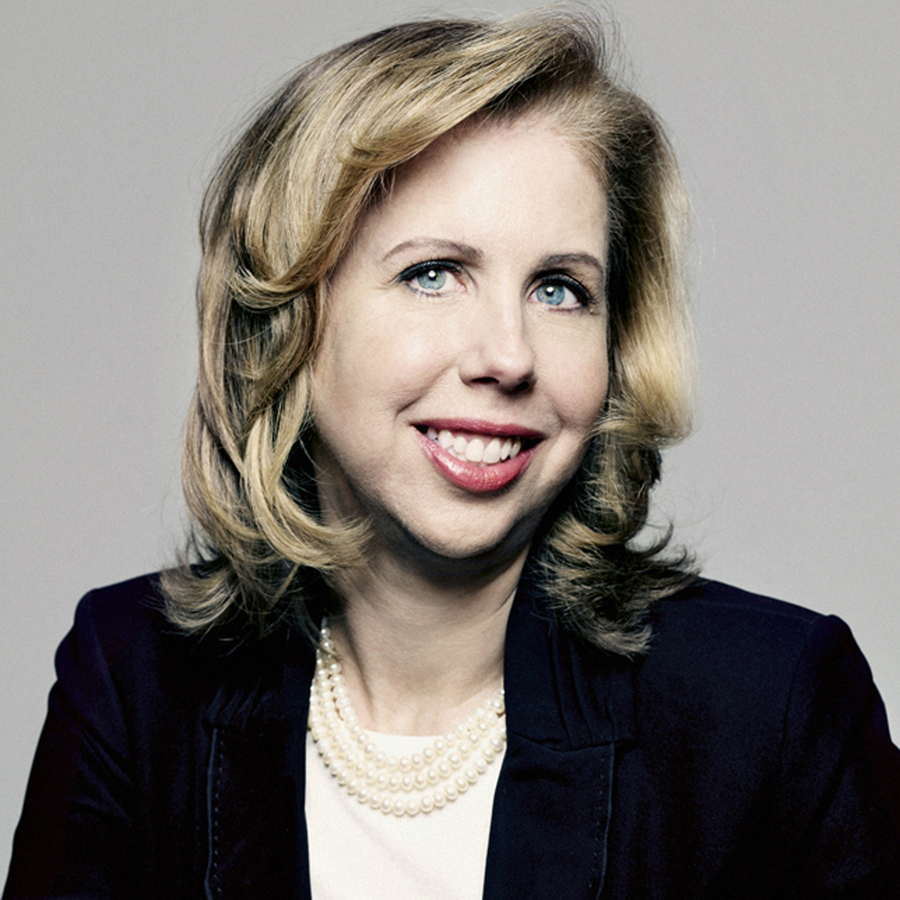
At this year’s World Economic Forum meeting in Davos, Switzerland, TIME partnered with the WEF on an exploratory session called “What If?” Deputy managing editor Michael Duffy moderated a panel on autonomous weapons, “What if robots go to war?” while assistant managing editor Rana Foroohar examined neuroscience in the courtroom: “What if your brain confesses?” My panel addressed the implications of a dramatic increase in average life expectancy: “What if you are still alive in 2100?” Nobel laureate Elizabeth Blackburn grounded the conversation in reality by noting the genetic components in those who are now living to be centenarians, which “are very, very complex.” Life extension is “a solvable problem,” she argued, but the focus should be on avoiding “the avoidable declines in health that make us so miserable.”
All agreed on the challenge of extending not old age but our productive lives. London Business School professor Lynda Gratton predicted the emergence of new life stages, including one called the Explorer. “Why would you want to start making all your big career decisions at 20,” she said, “when you could explore and create more choices?” Our personal capacity to change and manage transitions, she observed, will become a vital asset.
Derek Yach, chief health officer at the Vitality Group in New York City, explored the question of whether technology, that immensely powerful, contagious remedy for so many problems, can evolve fast enough to offset the enormous challenges to the environment, the food supply, economic justice and quality of life that could come from a global population that reaches 11 billion. “The decisions we make in the next 10 years or 15 years may be the most important,” he said, “particularly the political and the ethical and the social decisions we make, to protect the ability of older people to age into a society where you are actually able to take full advantage of the technologies.” Thomas DeRosa, CEO of Welltower, focused on wellness, mobility and cognition in maintaining a high quality of life for as long as possible, challenges we explore at greater length in this, our second Longevity issue, edited by Siobhan O’Connor, editorial director of TIME Health.
Laura L. Carstensen, founding director of the Stanford Center on Longevity, opens our issue with the argument that we need to fundamentally change how we think about the future–especially how long that future might last. Humans were not designed to think about the distant future, but in many ways our health and happiness are the sum of our habits, Laura points out, including the countless small choices we make every day about what we eat, who we engage with, even how much time we spend moving vs. sitting. The Stanford Center is simultaneously releasing the Sightlines Project, its first-ever comprehensive review of the state of longevity in America, in conjunction with our cover story.
Some of the most exciting developments come in an area where there is the most pressing need: confronting Alzheimer’s disease, which is predicted to affect 14 million Americans by the year 2050. As Siobhan explains, “Dr. Frank Longo’s work on an Alzheimer’s pill is particularly astounding. He’s not the first scientist to try for a cure, obviously, but the thinking behind his drug flies in the face of decades of thinking about how to treat the disease. It’s that kind of radical approach that’s going to be needed for all the challenges posed by a longer life.”
Nancy Gibbs, EDITOR
Please recycle this magazine and remove inserts or samples before recycling
More Must-Reads from TIME
- Cybersecurity Experts Are Sounding the Alarm on DOGE
- Meet the 2025 Women of the Year
- The Harsh Truth About Disability Inclusion
- Why Do More Young Adults Have Cancer?
- Colman Domingo Leads With Radical Love
- How to Get Better at Doing Things Alone
- Michelle Zauner Stares Down the Darkness
Contact us at letters@time.com